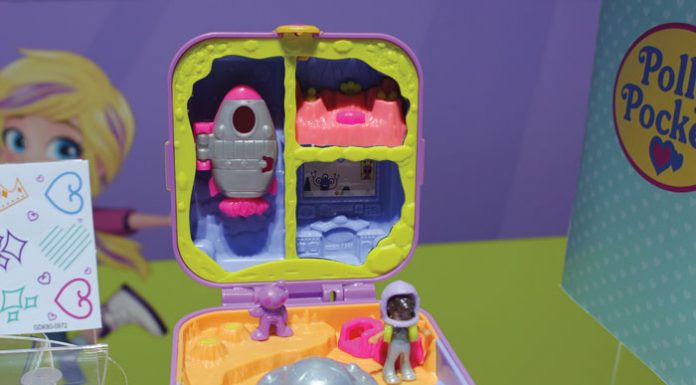It was just hours before Pesach, and I was stuck in a traffic snarl unlike anything I’d ever seen.
I drummed my fingers on the steering wheel as my aging Chevrolet crawled through the congested neighborhood of Bay Ridge, approaching the Verrazzano Bridge. I was heading to Toms River, NJ, to the home of my friend Eli, who had invited me for the Sedarim and three-day Yom Tov. Since my divorce, I hadn’t been out much, mainly spending Shabbos in my one-bedroom apartment, occasionally inviting a friend. I worked long hours at a high-pressure job and needed the weekends to relax. Sometimes I had little Motty, my four-year-old son, who was quite a handful. I loved him dearly, but didn’t always have the patience and resources to entertain him on my own.
But Pesach was, well, Pesach. I didn’t want to spend the Sedarim alone, and going to my family wasn’t an option. Motty was with my ex-wife, which meant that I wouldn’t have anyone to ask me the Mah Nishtanah. When Eli, who was married with two little kids, invited me, my first instinct was to refuse. But he wouldn’t let up, sending me multiple texts and calling me repeatedly until I relented.
I’d left later than usual due to a work-related emergency, but I never expected to hit such traffic. The roads were congested with idling vehicles and frustrated drivers. I turned on the radio to hear the traffic report and learned that the lower level of the bridge—all six lanes—were closed for repairs, which was why the cars were bumper to bumper in every direction. The gridlock was so bad that it took more than an hour to traverse the three blocks before the bridge.
My blood pressure soared as the minutes ticked away and the shkiah, which had once stood at a respectful distance, drew too close for comfort. It was Erev Pesach, with a three-day Yom Tov ahead. Should I turn around and try to get home to Brooklyn or try to find some other place to crash? I had no food, no matzah or wine, and no one with whom to spend the Seder. I didn’t feel comfortable imposing on any of my neighbors, whom I barely knew. I felt frustrated, desperate, and more alone than ever.
I dialed Eli, who had texted me a couple of times, asking about my progress. “Bad news,” I told him. “The lower level of the bridge is out of commission and the traffic’s backed up for miles. It doesn’t look like I’m getting to you anytime soon.”
“You can’t be serious.” Eli’s angst turned to alarm. “We rolled out the red carpet for you. You gotta show up.”
“The zman is in an hour and I just got on the bridge. It’s an hour and a half, minimum, to your place. There’s no way I’ll make it.”
“Hold tight. I’ll call Chaverim and try to figure something out.”
Eli was on the phone with Chaverim for a while, trying to find me a place to stay somewhere in Brooklyn. I finally got off the bridge and tried to make a U-turn, as I certainly didn’t want to spend Yom Tov in Staten Island, where I didn’t know anyone. By that time it was only 40 minutes before the shkiah. Thankfully, the traffic on the Brooklyn-bound side of the Verrazzano was reasonable, and soon I was headed north on the BQE towards Boro Park. Eli called every couple of minutes with another suggestion, most of which I nixed. I had no desire to join a communal Seder, spend the Yom Tov at the home of an elderly couple, or be a fifth wheel at a large family celebration.
While Eli was getting frustrated, I was rapidly approaching a state of panic. It was 15 minutes before the shkiah and I was cruising up and down the deserted streets of Boro Park. Everyone seemed to have a home, a place to be for the chag. Only I was lost and rootless.
Desperate, I whispered a tefillah to the One Above. “Hashem, please help me! I feel so alone and don’t know what to do. Please show me a sign. Help me understand what I’m supposed to be doing and why I couldn’t make it to Toms River for Yom Tov.”
At that moment, a text came through from Eli with an address. It belonged to a family in Kensington, the Schwartzes, who had invited a couple of guests and were eager to host me as well. “You don’t have much choice,” was Eli’s pithy advice. “Try to make the best of it.”
I pulled up to the Schwartzes’ driveway with just minutes to spare, parked my car and hurried inside. Mrs. Schwartz, the matriarch of a double-digit family, was hosting several married children, but she had a spare room in her basement. I had time for a quick change of clothes before joining Rabbi Schwartz and his sons for the short walk to shul.
To read more, subscribe to Ami





















